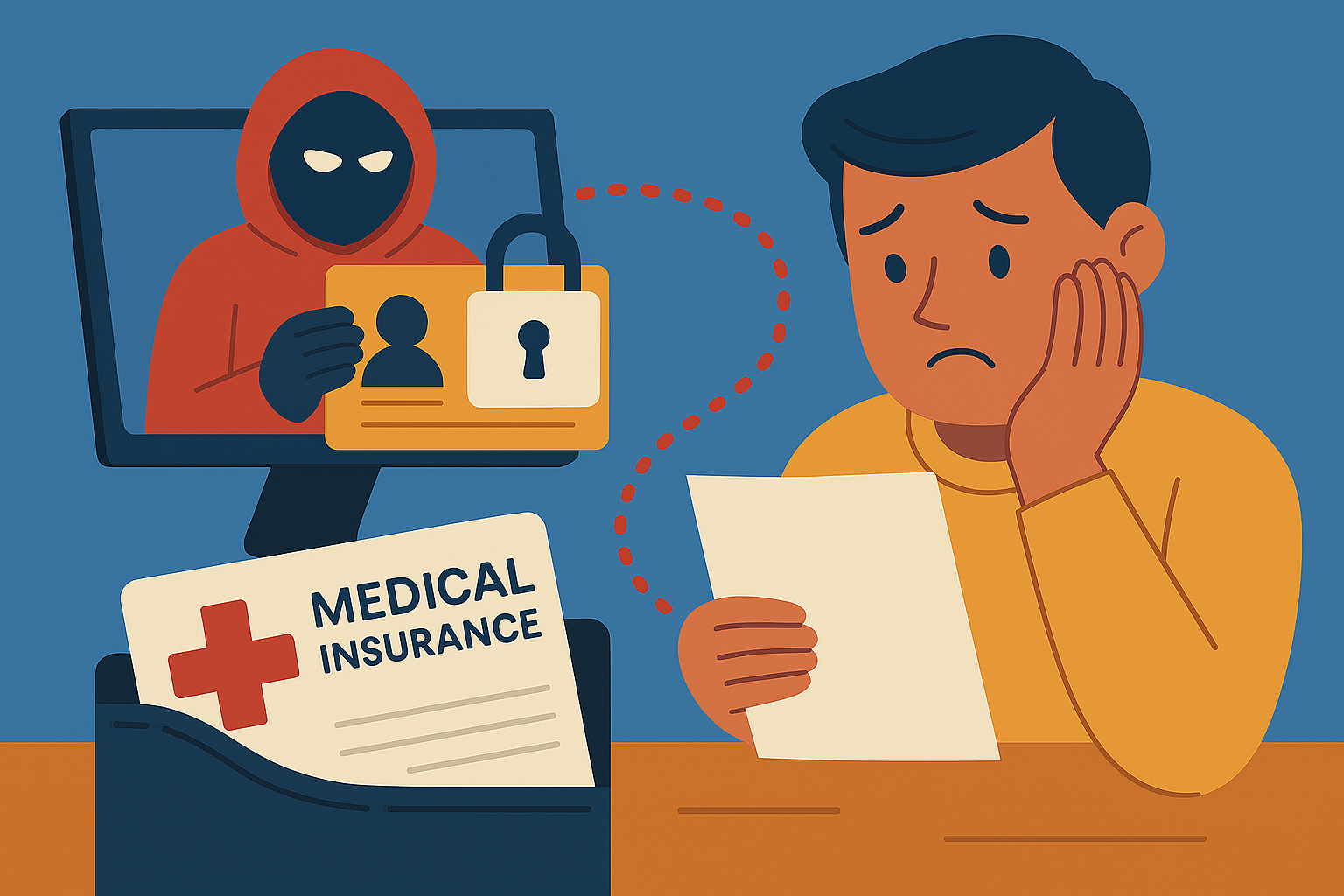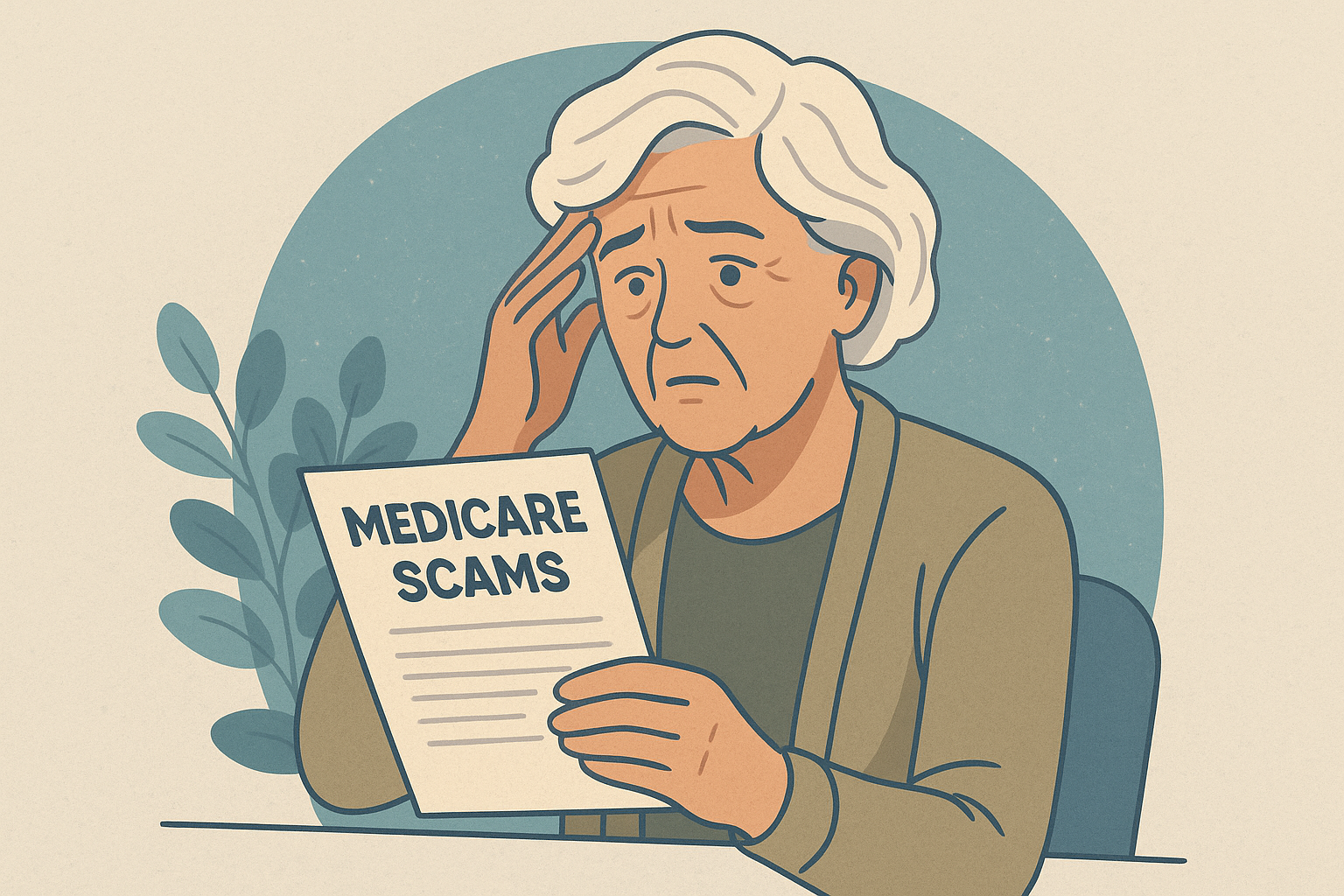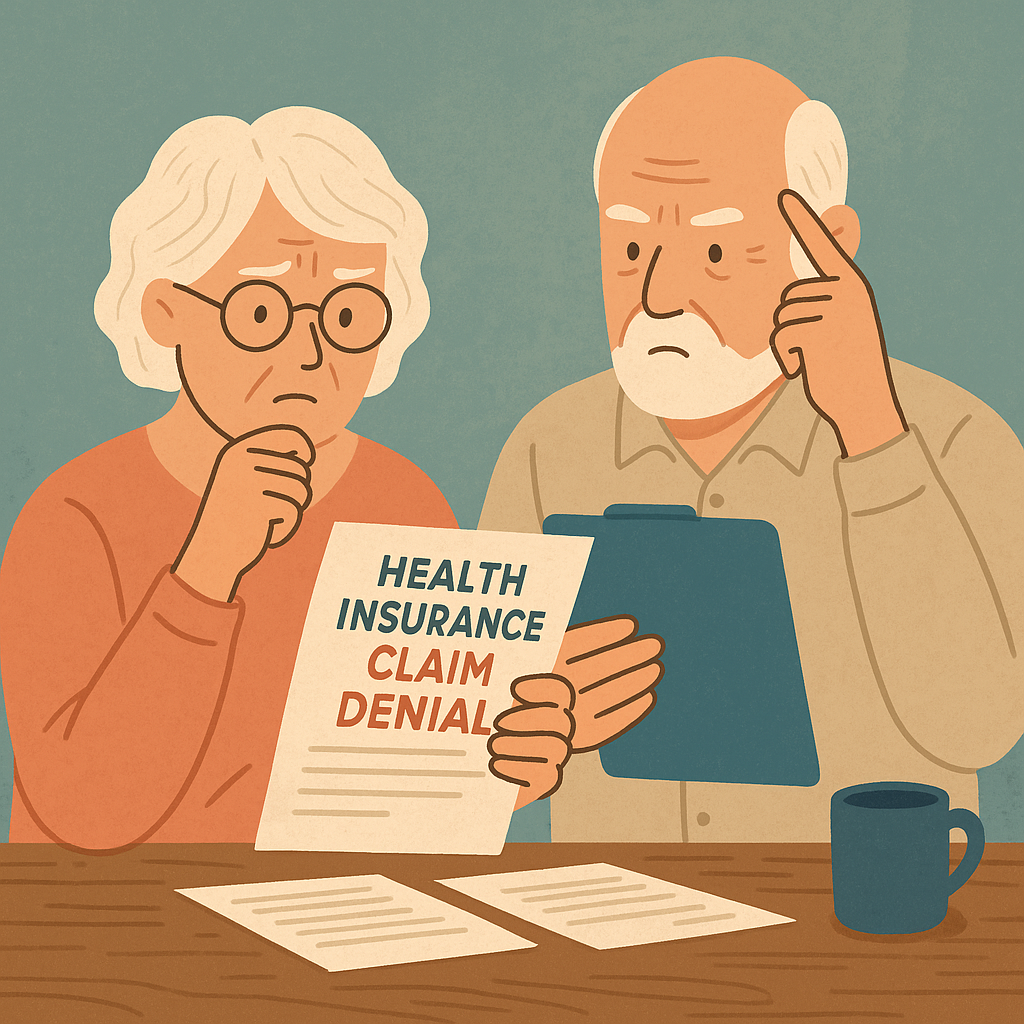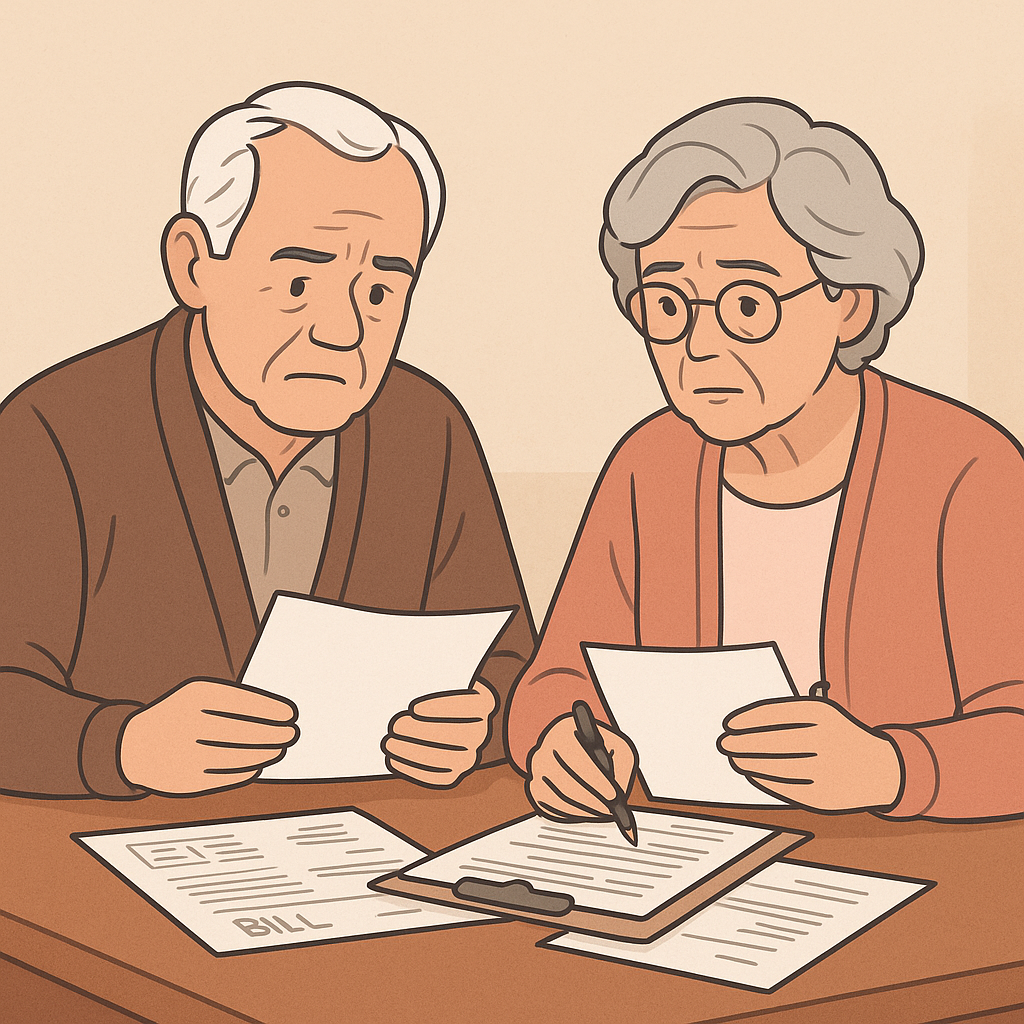Medical identity theft is a growing problem that can leave you with fraudulent charges, damaged credit, and even inaccurate medical records. If someone uses your personal health information to file false claims, receive treatment, or obtain prescriptions, the consequences can be both financial and life-threatening. Here’s how to recognize the warning signs, prevent it from happening, and take action if you’ve been targeted.
What is Medical Identity Theft?
Medical identity theft happens when someone steals your personal information to pose as you within the healthcare system. They might use your name, insurance details, or Social Security number to get care, fill prescriptions, or submit false insurance claims. This kind of fraud can lead to incorrect medical histories, denied insurance, or bills for services you never received.
What Information Do Medical Thieves Target?
Criminals may try to access any of the following:
Health insurance ID numbers
Medical history or prescription records
Full name, birth date, and address
Social Security numbers
Bank or payment information
Email addresses or phone numbers
How Medical Identity Theft Happens
There are several common ways fraudsters gain access to your data:
1. Data Breaches
In 2024, over 146 million medical records were exposed through major breaches. Hackers often target hospitals, insurance providers, or third-party vendors.
2. Phishing and Social Engineering
Scammers may pretend to be Medicare or insurance representatives to trick you into giving up your information.
3. Insider Theft
Sometimes, the threat is internal—an employee at a healthcare facility may misuse their access to patient records.
4. Physical Theft
Stolen wallets, lost medical documents, or improperly discarded paperwork can all expose sensitive data.
Want to understand how medical billing works so you can spot red flags early? Here’s a helpful breakdown.
Warning Signs of Medical Identity Theft
Watch for these red flags:
Errors in your Explanation of Benefits (EOB) from your insurer
Bills for procedures or appointments you never had
Debt collections tied to unknown medical charges
Denied insurance coverage due to “pre-existing conditions” you don’t have? That could be a sign of fraud—or another common insurance denial reason.
Alerts about benefit limits you haven’t actually reached
How to Prevent Medical Identity Theft
While you can’t control every risk, these habits will reduce your exposure:
Store insurance cards, EOBs, and prescriptions in a secure place
Shred documents with personal or medical details before discarding
Don’t share your Medicare or insurance number unless absolutely necessary
Use strong, unique passwords and enable two-factor authentication on your healthcare logins
Review EOBs and medical bills regularly
Limit what you share about your health online or on social media
What to Do if You’re a Victim
If you suspect you’ve been targeted:
Request records from your provider and insurer
Dispute any false charges or claims
Contact the three major credit bureaus to issue a fraud alert or freeze
File a report at IdentityTheft.gov
Contact the Office of Inspector General if Medicare is involved
File a police report if required by your insurer
How Healthcare Providers Protect Your Data
Hospitals and insurance companies are required to follow HIPAA regulations, which include:
Using encrypted, HIPAA-compliant software systems
Installing antivirus and anti-malware protection
Training staff on patient privacy
Still, even with protections in place, breaches can happen—which is why personal vigilance matters.
Take Control of Your Health Identity
Medical identity theft can be devastating—but staying alert, safeguarding your information, and acting quickly can limit the damage. Stay informed, check your documents regularly, and know your rights. Your health and your identity deserve protection.







